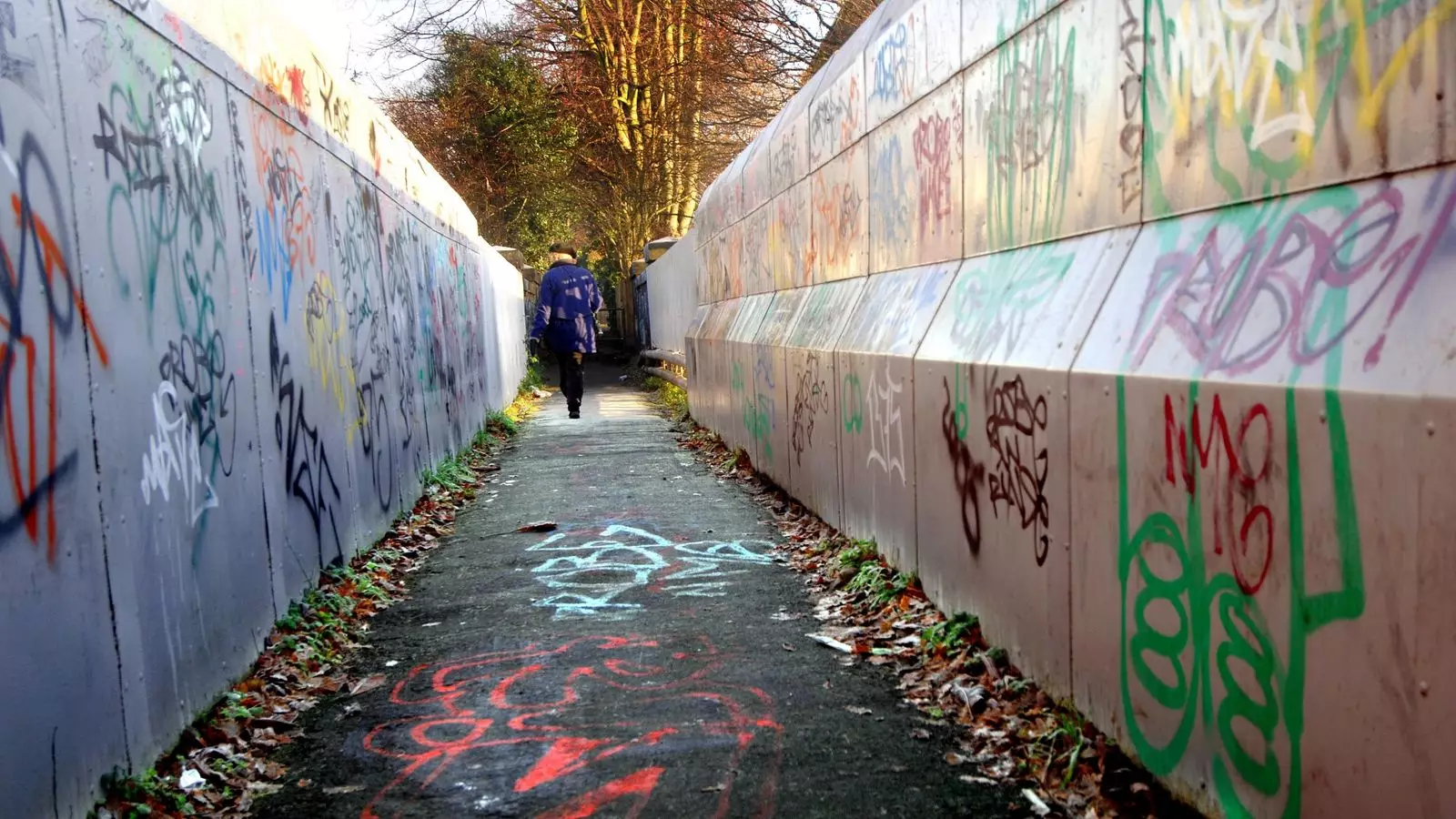In recent years, many communities across the UK have confronted the increasing menace of anti-social behaviour (ASB), which often manifests in violence, vandalism, and public disorder. As reported incidents surge—nearing an alarming million cases by September 2023—there is an urgent need for effective interventions. The Home Office has recognized this escalating situation, leading to the introduction of “respect orders,” a concept rooted in the recent Labour election manifesto aimed at enhancing public safety and restoring order to the streets.
The proposed respect orders represent a significant shift in how local authorities and law enforcement manage ASB. Should the Crime and Policing Bill progress, these orders will empower courts to impose severe consequences on offenders, including potential jail sentences of up to two years and hefty fines without limits. The initiative aims not only to penalize wrongdoers but also to rehabilitate them by mandating attendance to anger management programs and substance abuse treatment where necessary.
As articulated by Home Secretary Yvette Cooper, the core intention of these measures is to eliminate behaviours that create a climate of fear and discomfort in neighbourhoods. Cooper emphasizes the devastating effects that persistent anti-social acts can have on individuals and communities.
One of the most compelling features of the respect orders is the immediate enforcement strategy. Law enforcement officers will possess the authority to apprehend individuals suspected of breaching these orders without prior warnings, a move expected to improve response times against nuisances like off-road bikes and e-scooters that compromise public safety. This proactive stance demonstrates a leap forward in how authorities can address and mitigate threats to public spaces, allowing cultural and community vibrancy to flourish without fear of disruption.
Councils will also gain extended powers to restrict the movements of repeat offenders, preventing them from entering town centres and thereby fostering safer environments for law-abiding citizens. Such measures can significantly deter ASB, fostering a renewed sense of belonging and security within communities.
While the framework of respect orders has garnered support from organizations like ASB Help, concerns linger regarding the practical implementation of these measures. Effective enforcement hinges not only on legislative backing but also on a well-resourced police force capable of carrying out these new duties without overextending their capabilities. The trial phase proposed for these orders will be critical in assessing their effectiveness and refining the approach based on real-world outcomes.
While the respect orders present a promising strategy to combat anti-social behaviour, their success will depend on a balanced approach that considers both accountability and rehabilitation. Ongoing dialogue between law enforcement, local governments, and community organizations like ASB Help will be essential in creating a more harmonious and safer society for all.

